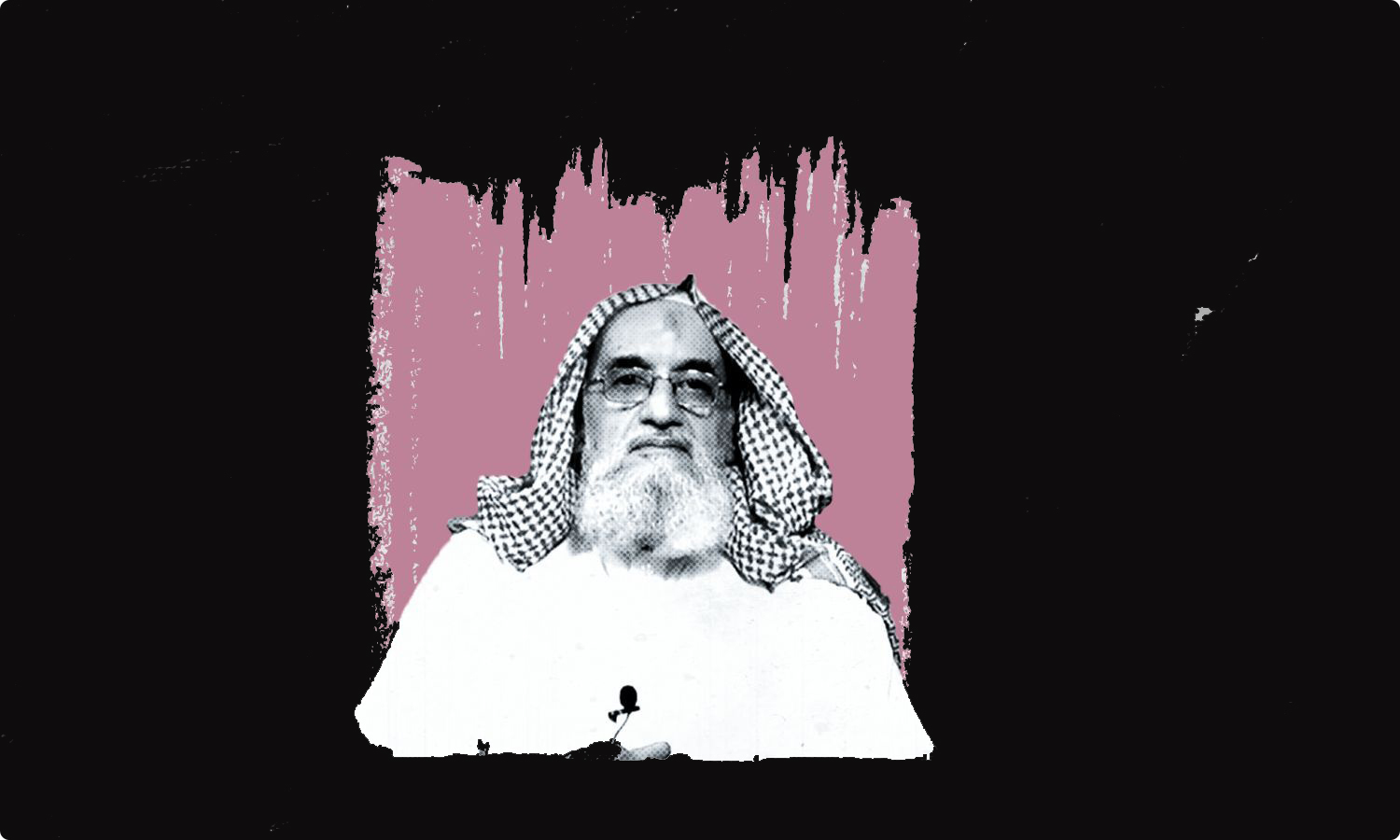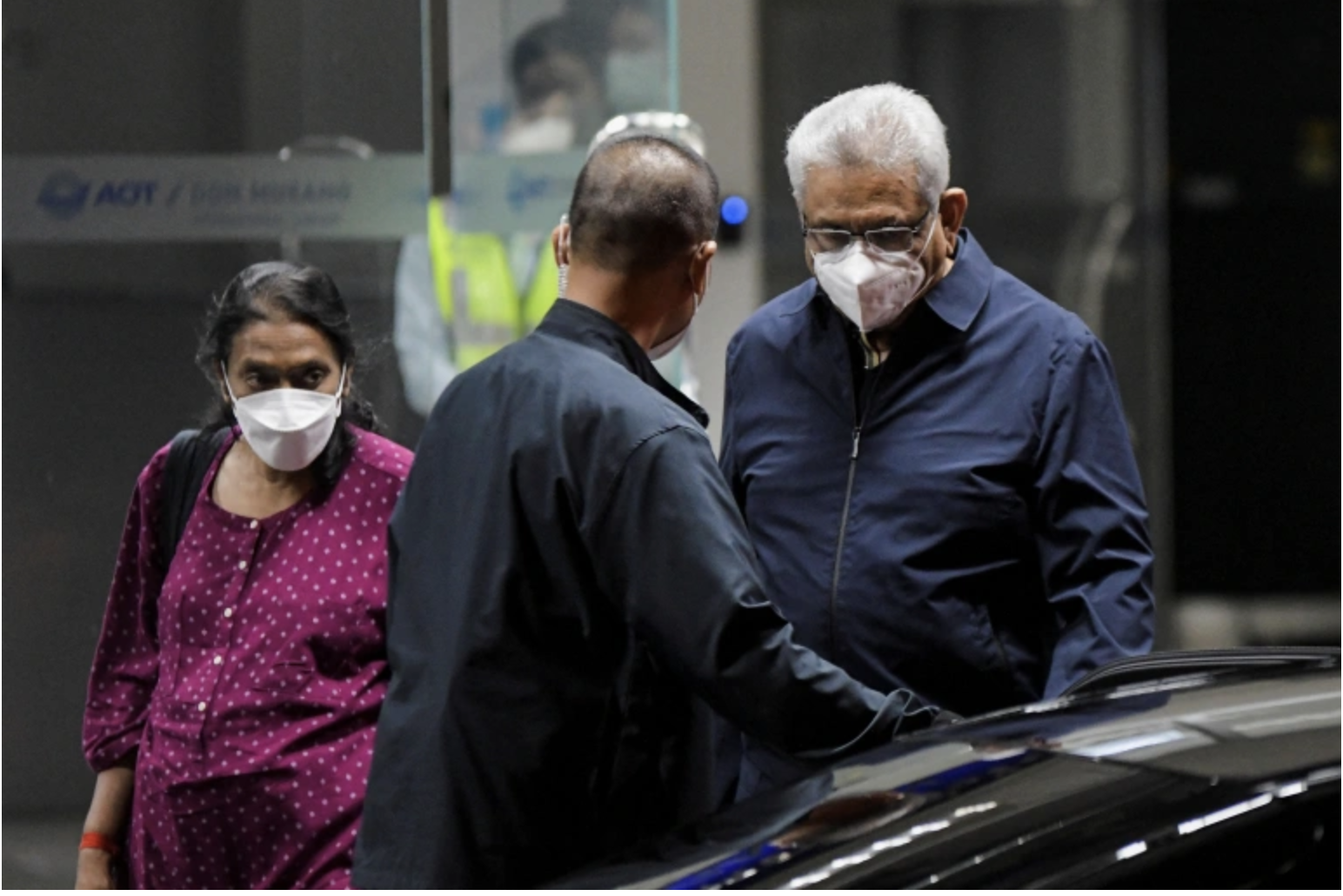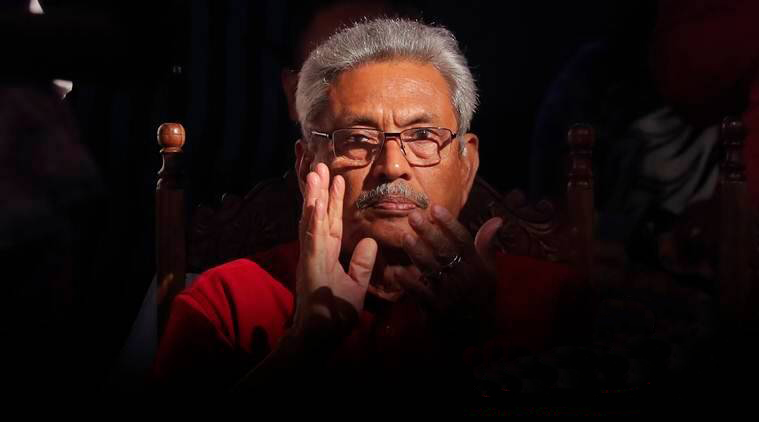Mark Carney’s Unexpected Rise and the Fragile Road Ahead

For most of his professional life, Mark Carney thrived in a world governed by logic, facts, and well-reasoned arguments. As a central banker who steered economies through the 2008 financial crisis and Brexit, Carney earned a reputation as a calm and competent figure in chaotic times. But this week, Carney entered a much less rational arena: elected politics.
Carney’s debut as Canada’s prime minister marks a dramatic transition from behind-the-scenes technocrat to front-line politician. On Monday, he led the Liberal Party to a surprising electoral victory, forming a minority government that only a few months ago seemed out of reach. Running on a platform of stability and sovereignty, he successfully positioned himself as the best-equipped leader to stand up to Donald Trump, whose looming presence once again shaped Canadian electoral dynamics.
Trump, for his part, offered faint praise after the result, calling Carney a “very nice gentleman” and suggesting a good future relationship. Notably absent, however, was the honorary title of “governor” that Trump had often used derisively for Carney’s predecessor, Justin Trudeau. The two leaders are scheduled to meet next week at the White House—an early test for Carney’s diplomatic instincts.
In his first post-election press conference, Carney drew a hard line against Trump’s periodic suggestion that Canada could become the 51st U.S. state. “It’s always important to distinguish want from reality,” Carney said, firmly ruling out the idea as a political fantasy.
Yet while managing an erratic U.S. president poses a challenge, economists suggest that Carney’s real test will be on the home front, where inflation, unaffordable housing, and economic uncertainty loom large. As Robert Gillezeau, an economist at the University of Toronto, puts it, “There’s actually only so much we can do if the Americans repeatedly shoot themselves in the foot… But even in the best-case scenario, we’d still probably be in a fairly deep recession.”
Carney’s campaign embraced the chaos, presenting himself as a steady hand in turbulent times. “I am most useful in a crisis,” he told Canadians. “I’m not that good at peacetime.” Voters took the gamble, electing a man with no prior political experience to lead a country in flux.
Though Carney sought to distance himself from Trudeau, he now inherits a Liberal Party entering its fourth consecutive term in office—something uncommon in Canada’s rotation-heavy political culture. With just four seats shy of a majority, Carney’s Liberals narrowly avoided reliance on the separatist Bloc Québécois, whose recent comments questioning Canada’s legitimacy stirred national outrage.
Parliament resumes on May 26, with King Charles scheduled to open the new session the following day—an event Carney described as an “historic honour that matches the weight of our times.”
In a minority setting, Carney must now demonstrate a different kind of expertise: political finesse. The most likely legislative partner is the New Democratic Party (NDP), which despite major losses managed to win seven incumbent seats. Those seats, combined with the Liberals’ 168, provide a comfortable majority—but not without complications. The NDP, having lost both its leader and official party status, will be seeking concessions to maintain relevance.
“The Liberals could lower the threshold for party status and grant it to the NDP,” noted Jordan Leichnitz, a former NDP strategist. “Not out of kindness, but because it makes political sense.”
Carney’s broad voter coalition progressives fleeing the NDP and older centrists wary of Trump-style conservatism gives him power, but little room for error. The honeymoon period is expected to be brief. Pressing issues like housing, stagnant wages, and cost-of-living pressures are likely to resurface quickly, threatening to undermine the fragile political balance he now leads.
Meanwhile, discontent brews in the Prairie provinces, especially Alberta, where calls for secession from the oil-rich region are once again gaining traction. And a chastened Conservative Party, led by the wounded but unrelenting Pierre Poilievre, will be gunning for a political comeback.
“Carney could be in a Keir Starmer situation,” said Leichnitz, referring to the British Labour leader. “He’s elected, but it’s a loveless victory. If he doesn’t deliver quickly, support could peel away fast—and it’s very hard to recover from that.”
In many ways, Carney’s greatest challenge is proving he can translate technical competence into political vision. For now, the clock is ticking—and the grace period may already be over.







